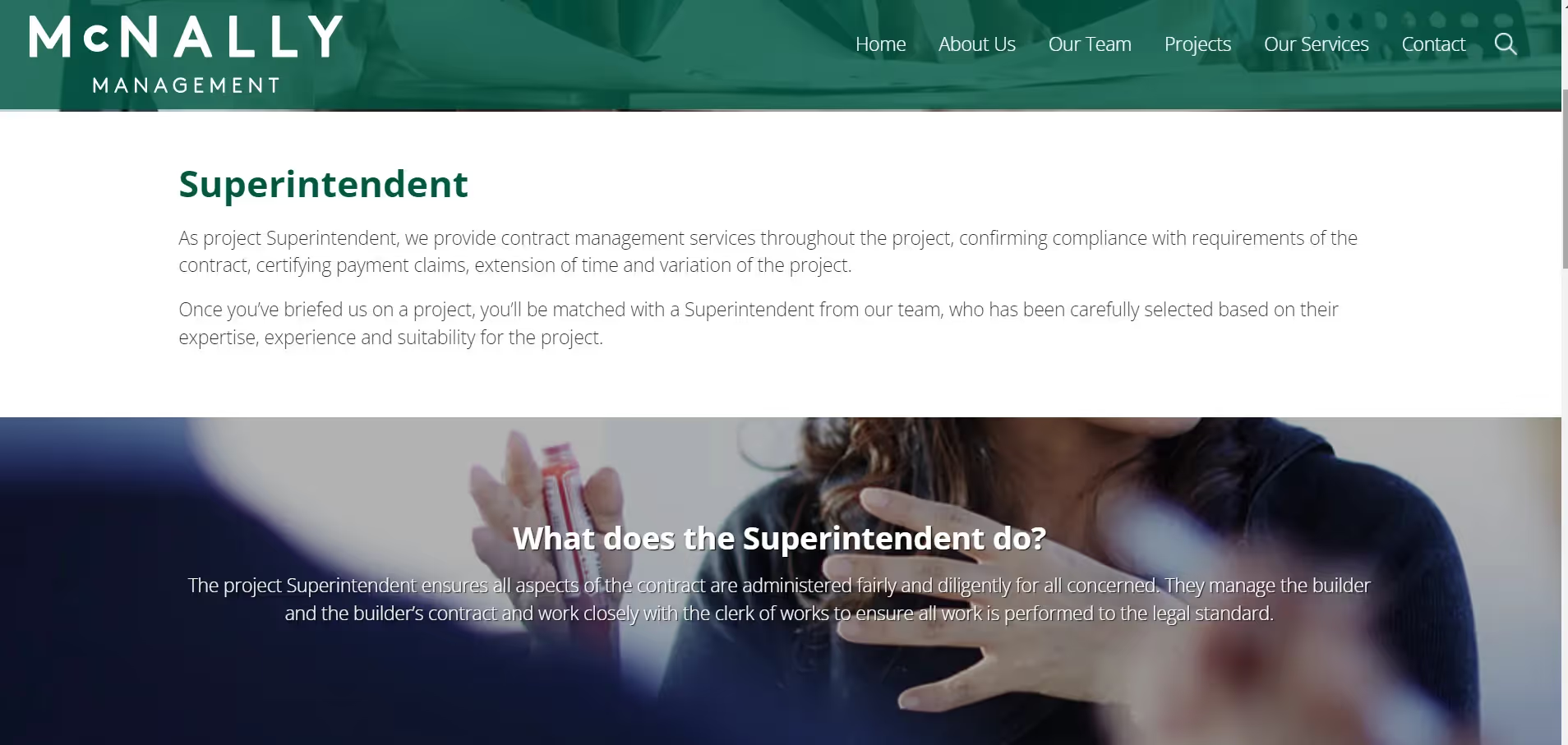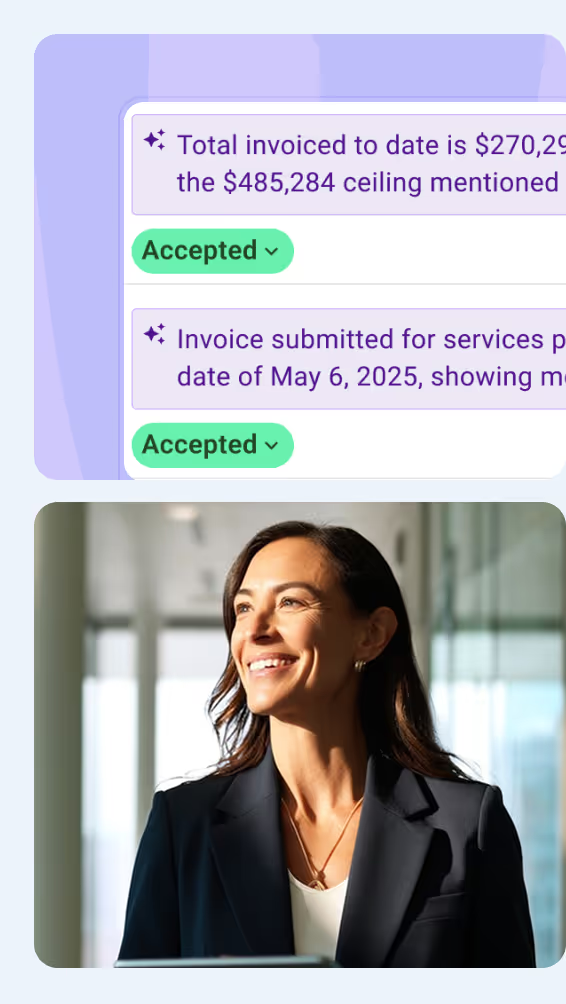In the construction industry, the role of a superintendent exists in the execution and completion of capital projects. There is significant overlap and similarity between:
- the role of a superintendent on a project
- a contractual appointment as 'superintendent'
- client side project managers
- project managers
- owner's representatives
We often see construction superintendents acting as a third party to a contract. In construction contracts, they are named in the contract particles or schedules, performing that key contractual role and ensuring that the project is executed efficiently, within budget, and to the required standards.
Who Appoints the Superintendent and What is Their Role?
Typically, the superintendent is appointed by the principal, who is the project owner or developer entering into the contract (such as AS4000) with the contractor responsible for executing the construction work.
This often happens when the project's owner appoints a client side project management firm to oversee the project through all phases of the project lifecycle. Then, the client side project manager assumes the role of superintendent under the construction contract during the construction phase.

Importantly, the superintendent is not a party to the construction contract themselves, which is between the contractor and project owner. The client side project manager and superintendent remain a third party, and their role in superintendency is to administer and oversee the contract in addition to other obligations, which generally include:
- reviewing and preparing monthly reports on the project's progress,
- attending project meetings, taking minutes – often called PCG meetings,
- reviewing variations/change orders and payments, providing returns, certificates,
- supervising the workmanship of the contractor on site and
- managing stakeholder and authority relations.
Let's take a closer look at the five core responsibilities of a superintendent
1. Acting as an Agent for the Principal
One of the primary roles of a superintendent is to act as an agent for the principal of the project owner. In this capacity, the superintendent has the authority to make decisions on behalf of the principal regarding various aspects of the construction project. This includes interpreting contract documents, determining the quality of work, and overseeing compliance with project specifications.
Superintendents ensure that the project aligns with the owner's vision and requirements by representing the principal's interests. Most project owners are time-poor and not specialists in a superintendent role, hence superintendent roles are often filled by client side project management firms.
2. Managing Communications and Conflict Resolution
Effective communication is the backbone of any successful construction project. Superintendents serve as a central point of communication between the project owner, contractors, and other stakeholders. They are responsible for ensuring that all parties are informed of project progress, changes, and issues as they arise.
Most often, this happens through weekly or monthly project meetings, such as PCG (Project Control Group) meetings where a PCG report is prepared using tools like Mastt. The superintendent also plays a critical role in conflict resolution, mediating disputes between parties and finding solutions that align with the contract terms and project goals.
3. Contract Administration
Superintendents are deeply involved in the construction contract administration and must know the contract intimately. This involves reviewing and approving progress payments to contractors, issuing variation orders when necessary, and ensuring that all contractual obligations are met.
They must maintain meticulous records of all contract-related activities, decisions, and communications so as not to expose the project owner to unnecessary risks. This includes having an intimate understanding of the law, such as the Security of Payments Act.
By effectively managing contract administration, superintendents help to prevent disputes and ensure the smooth progression of the project – which is what everyone wants at the end of the day.

4. Ensuring Quality and Compliance
Maintaining the quality of work and ensuring compliance with regulatory standards and project specifications (such as the building code of Australia) are among the superintendent's critical duties.
Superintendents work with the design consultant team and certifiers to conduct regular inspections and audits to verify that the construction meets the agreed-upon standards and complies with all relevant laws and regulations.
Superintendents have the authority to instruct contractors to rectify any work that does not meet quality requirements, thereby safeguarding the project's integrity and the safety of its future users.

5. Coordinating Project Schedule and Budget
The client side project manager and project owner will have ultimate authority for the capital projects budget. Superintendents may not be directly responsible for managing the project's schedule and budget if they join a project only during the construction phase.
However, they still play a significant role in monitoring and influencing these aspects. They will manage the contractor to a construction budget, which is one line item of the overall capital project's budget. The superintendent will assess the impact of any changes or delays on the project timeline and budget, advising the principal accordingly.
Superintendents ensure that any variations to the contract or project plan are documented and agreed upon by all parties, helping to mitigate risks associated with time and cost overruns.
Conclusion
The role of a construction project superintendent is authority and is essential to the success of capital construction projects. Acting as the principal's agent, managing communications, overseeing contract administration, ensuring quality and compliance, and coordinating project schedules and budgets are the key roles that make superintendents indispensable in the construction industry.
Client side project managers and superintendents expertise and oversight contribute significantly to the efficient execution of projects, ultimately ensuring that construction projects meet their objectives in terms of quality, time, and cost. As third parties to construction contracts, superintendents hold great responsibility and trust, bridging the gap between project owners and contractors to achieve successful project outcomes.










